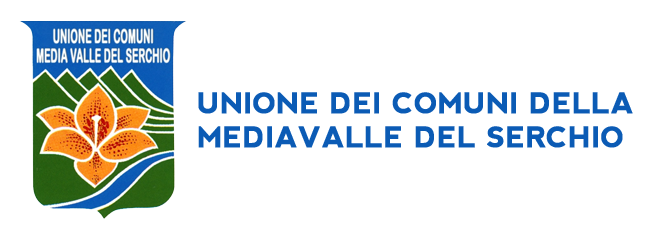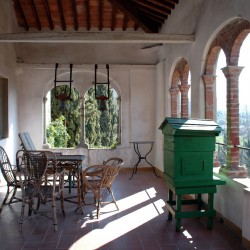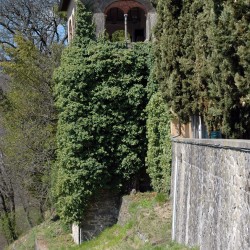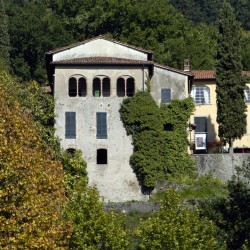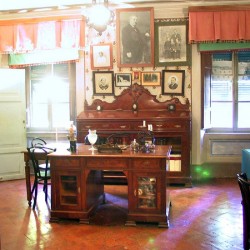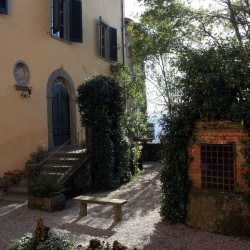Casa Museo di Giovanni PascoliCASTELVECCHIO PASCOLI – BARGA |
| Colle di Caprona – Castelvecchio Pascoli 55051 – Barga (LU) www.pascoli.archivi.beniculturali.it www.comune.barga.lu.it www.fondazionepascoli.it |
Contatti:0583 766147 – 0583 724573 – 0583 724745 |
The country-house of the Cardosi-Carrara family is where Giovanni Pascoli decided to settle in 1895. The poet arrived in the Serchio Valley happy toh ave found a “bicocca” (little gem) surrounded by a vegetable path and some woodland in such a suggestive valley, rich in sounds, colours and loghts. He came with his sister Mariù and his dog Gulì.
What he loved of the house was the rural garden, the Church and the mountains and hills which encircled the little villages: on one side the Apuan Alps, sharp and grey, the Apennines on the other side with many woods, at the top Barga: a few red roofs submerged in the greenery and protected by the tower bell sounding the passing of time.
From the double lancent windows of the altana, an eye-catching view of the rural landscape. The poet, at last serene to have found “the valley of the beautiful and the good ,planted the Lemon Verbena he always carried with him, the fragrance of Romagna, the symbol of continuity between Castelvecchio and San Mauro, between the serenity of mature age and the sufferance of his youth. The poet spent the best years of his life in Castelvecchio Pascoli, from 1895 to 1912, year of his death. During these years he wrote
Myricae (1903), i Primi Poemetti (1897), i Canti di Castelvecchio (1903), i Poemi Conviviali (1904). This period coincides with the official recognition from the literary critics, as innovator of Italian poetry. He loved the company of country people, sharecroppers, housewives; he studied their lives, he analyzed their social and emotional problems such as emigration, he absorbed the frugal language, rich in metaphors, using it in his poetry with colourful incisiveness, in a brilliant synthesis of continuity and breach with the classical tradition. The images of country-life such as plough, the grape harvest, the sowing assume in Pascoli’s poetry the importance of grand events that go beyond time and space. The most common sounds such as the rushing of the Orso stream, the gurgling of the Castelvecchio font, the voices of the countryside, the hours sounded out from Barga’s tower bell become words, music, colour, revealing unsuspected emotions and feelings.
The house preserves its structure, furniture, the layout of the rooms as it was at the poet’s death, at Bologna on the 6th April 1912.
His sister treasured all her brother’s belongings for over 40 years and is now buried beside her brother in the little Chapel next to the house.
The Municipality of Barga, heir to this treasure according to Maria Pascoli’s will, is curator of the property, the archives which contain 76 thousand papers circa, and the Poet’s book collection of about 12 thousand volumes.
The house/museum has been declared national heritage including the natural environment which surrounds it.


